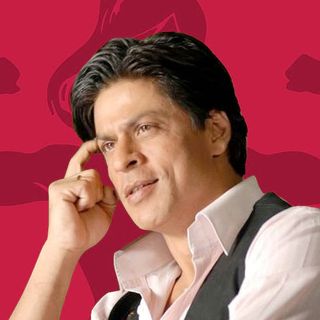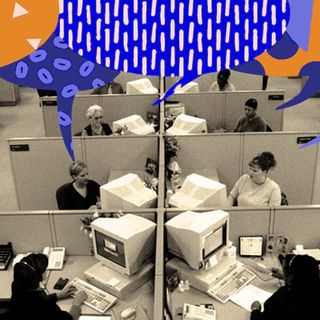
Do Kids Need Role Models Other Than Parents?
Google ‘role models for kids’ and you’ll end up with either a zillion articles telling you how you are the best role model for your kids, or list after list of celebrities of questionable age-appropriateness and ac...

Google ‘role models for kids’ and you’ll end up with either a zillion articles telling you how you are the best role model for your kids, or list after list of celebrities of questionable age-appropriateness and accomplishment. Surely, there are other options. But perhaps a better question is — do kids need those other options? Aren’t parents the best role models?
Yes and no. Without doubt, parents have the biggest influence on a future-adult’s life, and much of that influence is purely through kids’ quiet observation of our actions and listening what we say (not necessarily to them) over the years. Parents are important — perhaps the most important — role models of values and habits. But that only takes you so far in life. Pretty far — but there’s more to life than that.
Research shows that outside role models are most influential when it comes to inspiring kids and helping them to express their originality. In his book,Originals: How Non-Conformists Move the World, author Adam Grant, a professor at the Wharton School of the University of Pennsylvania, relates a study that asked hundreds of 30-something women to name the people who had influenced their lives the most, finding most named parents and mentors. Seventeen years later, researchers revisited these women to measure their drive for having a lasting, positive impact on the world. “Naming a parent as a major influence accounted for less than one percent of the women’s motivations to drive meaningful change,” Grant writes. “The women who were pursuing originality had been influenced a decade and a half earlier not by their parents, but by their mentors: Mentioning a mentor accounted for 14 percent of differences in women’s desires to improve the world.”
But the influence of an outside role model doesn’t always have to come from the kind of intensive, lengthy relationship the term ‘mentorship’ conjures. A recent, low-budget experiment to combat the dearth of women in the field of economics has shown that even attending a brief talk by a charismatic, successful woman in the field was enough to inspire female university students.
Danila Serra, an economist at Southern Methodist University, Dallas, who led the on-campus experiment, points to the number of female students enrolling in the upper-level Intermediate Microeconomics course the following year — a figure that doubled following the role model talks.
“It was a factor of how charismatic and enthusiastic they were about their careers and of how interesting their jobs looked to young women,” she says, highlighting the effectiveness of a role model in an area students are already interested.
While these studies involved women only, outside role models are important for boys, too. But boys, as Serra notes, have an easier time finding these inspirational figures. “Young men, on the other hand, have these interactions all the time because there are so many male economics majors out there,” she says.
Perhaps the most interesting finding from Serra’s study is around who, among the female students, was influenced most.
“If we restrict the analysis to the top female students, the students with a GPA of 3.7 or higher, the impact is remarkable — it is a 26 percentage points increase,” Serra says. “So this intervention was especially impactful on the top female students who perhaps were not thinking about majoring in economics.”
This speaks to Grant’s point about originality. Outside role models open up to kids new possibilities and avenues to success in a way that supplements what parents provide. But it comes at a price that many parents find difficult to swallow.
“The paradox of encouraging children to develop strong values is that parents effectively limit their own influence,” Grant writes. “…In comedy, Lizz Winstead drew inspiration from comedian Roseanne Barr — both for her talents on stage and her support of women off it. When Winstead went public with her rebellious political views, her father quipped, ‘I screwed up. I raised you to have an opinion, and I forgot to tell you it was supposed to be mine.'”
Related:
Related


The Buzz Cut: John Legend Makes Leggings Look Good
